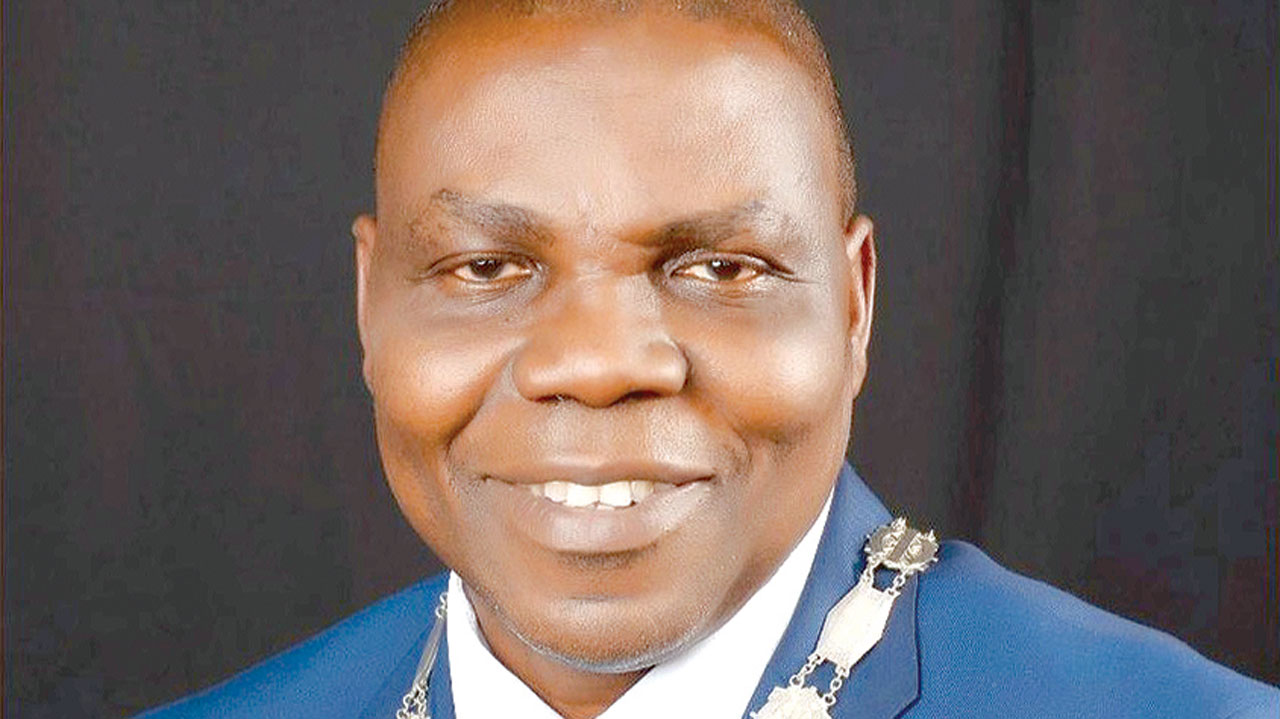
Guinea Forest. PHOTO: ABC
To prevent the depletion of endangered species in the Guinea Forest of West Africa Hotpots, stakeholders have been urged not to relent in their quest to conserve and sustainably manage the natural resources.
Coming on the heels of the launch of a six-year plan by BirdLife/Critical Ecosystem Partnership Fund (CEPF) to investing US$9 million over five years, the programme provided strategic assistance to non-governmental organizations and other private sector partners to help conserve biodiversity in these hotspots.
The Guinean Forests of West Africa Biodiversity Hotspot is one of eight biodiversity hotspots in Africa and Madagascar and covers 621,705 km2 divided into two sub-regions: The ‘Upper Guinean Forests’ stretching from Guinea, through Sierra Leone, Liberia, Côte d’Ivoire, Ghana, Togo and, marginally, into Benin and the ‘Lower Guinean Forests’ covering much of Southern Nigeria, extends into Cameroon, including São Tomé and Príncipe and the offshore islands of Equatorial Guinea.
At a two-day stakeholder engagement workshop organized by the Regional Implementation Team (RIT) of BirdLife International and Critical Ecosystem Partnership Fund (CEPF), in Calabar, Cross River State, participants were provided with an enabling platform to share and update themselves with current information about the status of biodiversity conservation in Nigeria and West Africa.
They were charged to work towards ensuring that the natural endowments of the forest hotspots are not lost like the experiences in other zones. The workshop also brought together actors working for biodiversity conservation and sustainable environmental management in Nigeria, which is one out of the 11 countries that makes up the Guinean Forest of West Africa (GFWA) hotspots.
The workshop was a platform for the Regional Implementation Team to introduce participants to the BirdLife/CEPF Grant Portfolio and the Letter
of Inquiry (LOI) process to enable them easy access to grants. A total of 66 participants from various organizations, such as environmental NGOs,
MDAs, private sector, academics, and consultants attended the workshop.
The RIT is currently active in all eleven countries of the Guinean Forests of West Africa Biodiversity Hotspot, and responsible for managing the
BirdLife/CEPF investment in the Hotspots.
Earlier, Sub-regional Project Officer for Nigeria and Cameroon for the BirdLife/CEPF Regional Implementation Team. Ms. Ruth Akagu emphasized the need for collaborative efforts by all participants towards the conservation of the Guinean Forest of West Africa. According to her,
the time is now for all hands to be on deck to safeguard the heritage.
The National Coordinator for the Global Environmental Facility Small Grant Programme for Nigeria, Mrs. Favour Ibironke Olubamise at the workshop presented the UNDP GEF SGP programme and how the BirdLife/CEPF five years investment will complement the ongoing interventions by GEF SGP in the hotspots.
[ad_2]
link




